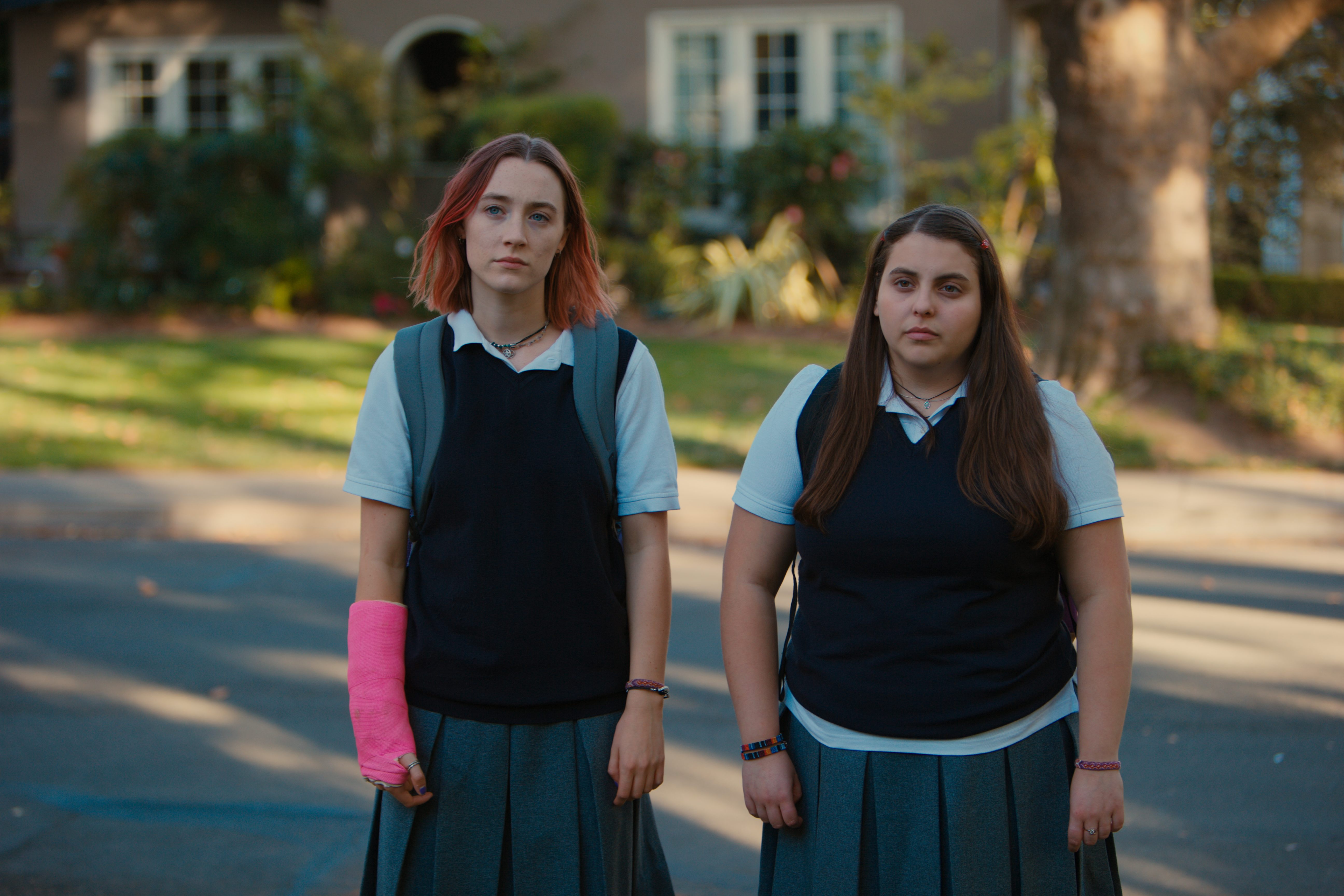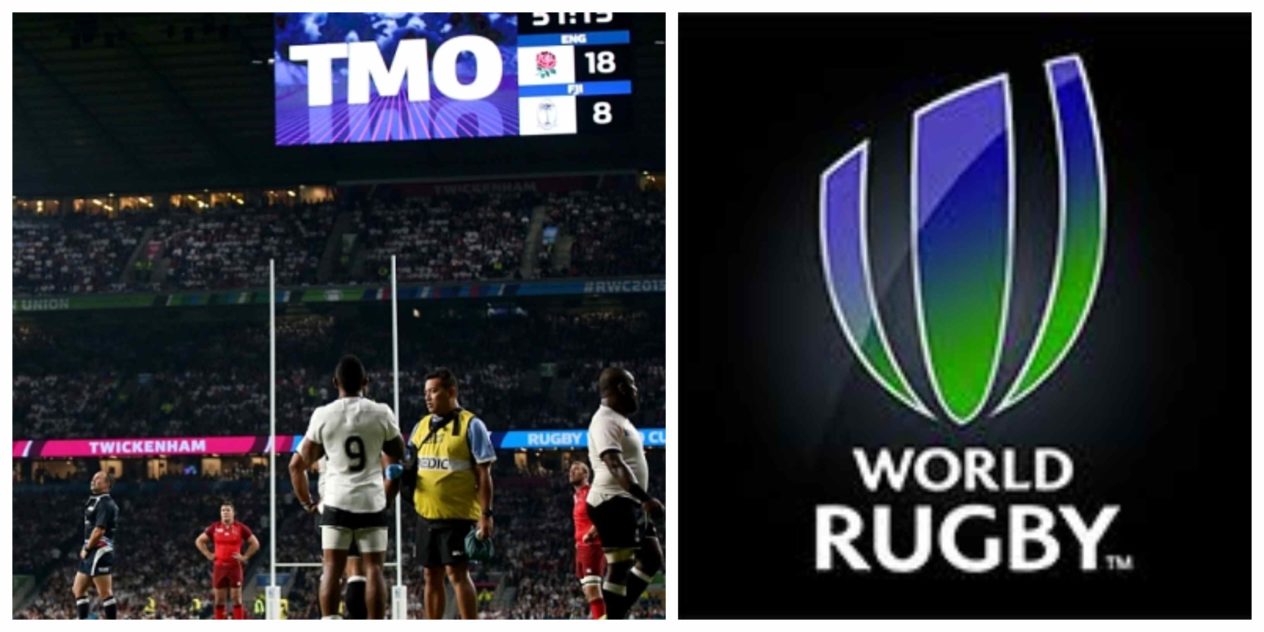
- Select a language for the TTS:
- UK English Female
- UK English Male
- US English Female
- US English Male
- Australian Female
- Australian Male
- Language selected: (auto detect) - EN
Play all audios:
It's a small thing, but it matters that when Christine "Lady Bird" McPherson gets her heart broken in writer-director Greta Gerwig's terrific new film Lady Bird, she finds comfort in the
Dave Matthews Band's "Crash Into Me." Too often in modern teen comedies and dramas, characters are so hip that it strains credulity. They adopt their creators' tastes, and become, say, the
only high schooler in 2015 Pittsburgh who loves Brian Eno and the Criterion Collection. But Lady Bird is set in 2002, so of course its 17-year-old heroine listens to Matthews and Alanis
Morissette. Why should she be any different than any other American kid at the start of the new millennium?
If there's a reason why Lady Bird is poised to be one of this year's biggest indie film hits, it has a lot to do with how "right" so much of it feels. On the weekend of Nov. 3, playing in
only four theaters, the film pulled in over $350,000 at the box office, giving Gerwig not just the highest per-screen average of any movie released in 2017, but also the highest ever for any
directed by a woman. Clearly, this is a picture people have been waiting for.
Even back in September, when I tweeted enthusiastically about Lady Bird right after seeing it at the Toronto International Film Festival, that tweet was favorited and retweeted at a
surprisingly prodigious rate for such a small project. Perhaps the Twitter community seized on my spontaneous Lady Bird love because I compared the movie to The Edge of Seventeen, a
cult-favorite 2016 high school dramedy starring Hailee Steinfeld, who — like Kristen Stewart, Jennifer Lawrence, and countless other young actresses — has a posse of fans who patrol social
media, looking to shout down haters and signal-boost praise. Or maybe Lady Bird's leading lady Saoirse Ronan has a similar army of devoted web-crawlers.
Escape your echo chamber. Get the facts behind the news, plus analysis from multiple perspectives.
Noel Murray is a freelance writer, living in Arkansas with his wife and two kids. He was one of the co-founders of the late, lamented movie/culture website The Dissolve, and his articles
about film, TV, music, and comics currently appear regularly in The A.V. Club, Rolling Stone, Vulture, The Los Angeles Times, and The New York Times.

:max_bytes(150000):strip_icc():focal(319x0:321x2)/people_social_image-60e0c8af9eb14624a5b55f2c29dbe25b.png)

:max_bytes(150000):strip_icc():focal(749x0:751x2)/Reginald-Odell-Kincer-100523-split-3e88a50ce3c64f5bbe18177851dc28dd.jpg)



